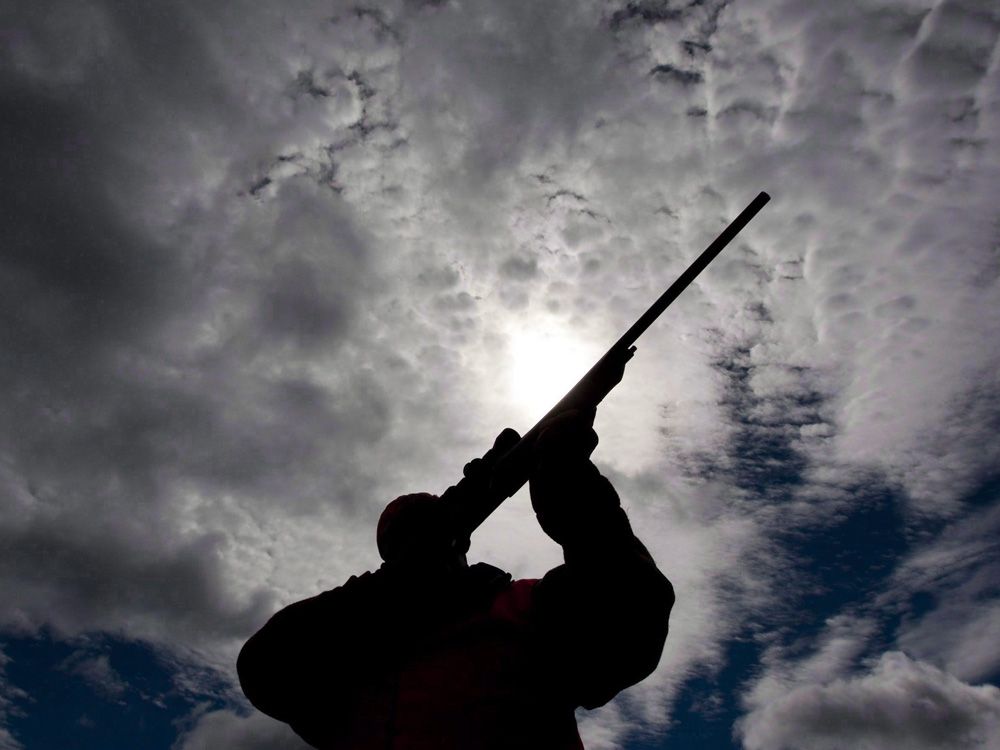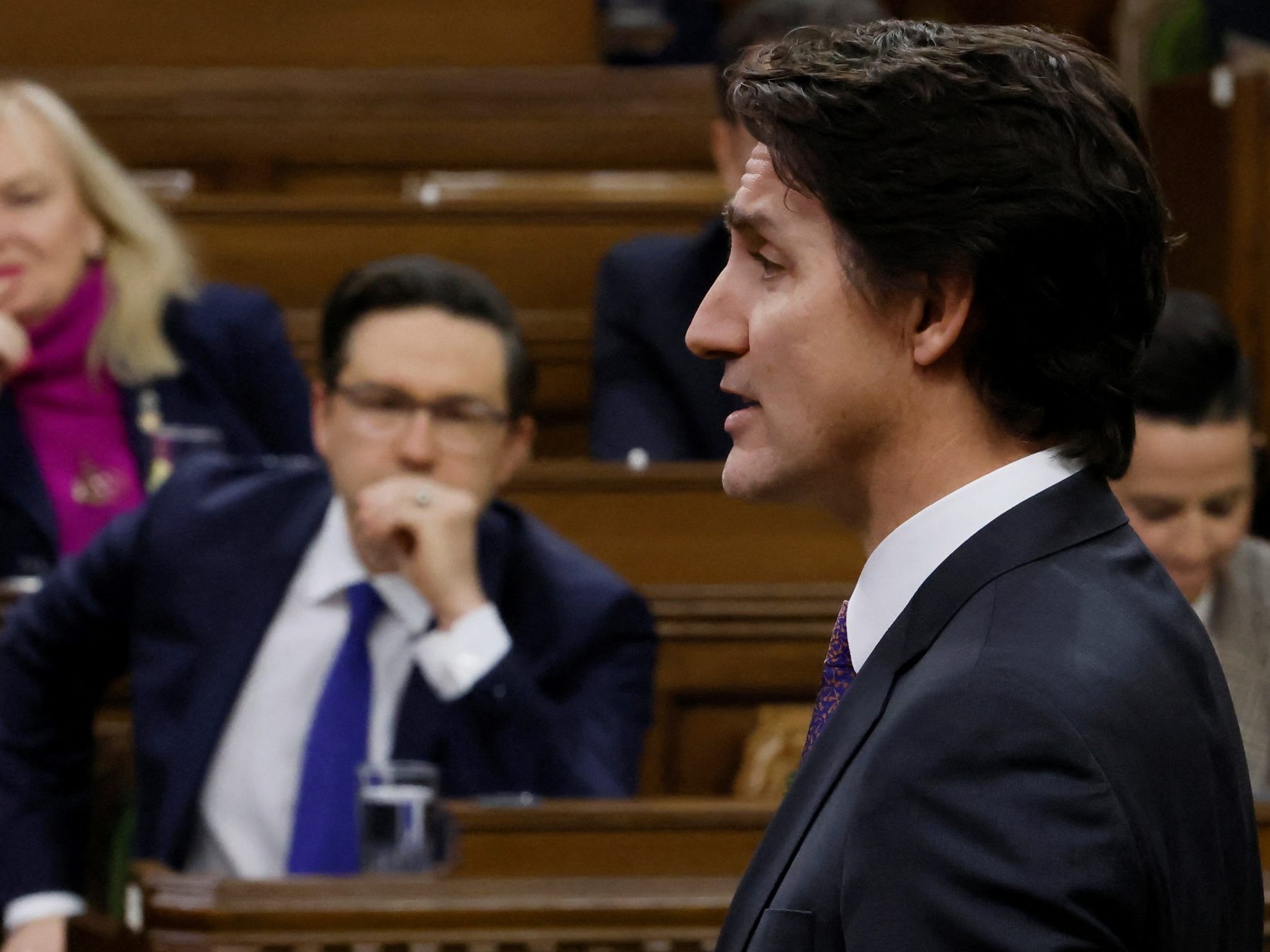IronNoggin
Well-Known Member
Urban rural divide is clear in gun control debate: MP
“The problem I have with gun control is there is no evidence base. I’ve been in law enforcement for 30 years. I don’t think I ever arrested somebody who had a legal PAL (possession and acquisition licence) or R-PAL (restricted possession and acquisition licence) who had committed an offence.“These are gangsters and organized crime. These guys don’t have any legal guns. Yet, to spend millions on recovering some guns – hunting rifles – from individuals in our community is absolutely unbelievable, with no evidence.
“To me, we need to focus on organized crime and gang activity,” he said, noting the money it will cost to buy back guns, “we can use that to fund enforcement. A lot of those guns are coming up from the United States.
“The other thing is, let’s focus on our youth by having some crime and prevention programs. Crime prevention means crime is never going to happen. So, you get into the schools and start talking about what it is like to be a gangster and going to jail and you try to deter youth from entering down that road of getting into a gang and then therefore getting a gun, shooting, going to jail and that cycle.”
In conclusion, the MP said he sees a growing divide between urban and rural Canadians.
Many urban Canadians have never owned a gun or been around them and do not understand hunters and hunting, he said.
“We also have shooters who that is their hobby and they (urban Canadians) do not understand that. All they see is a gangster shooting a handgun. It’s illegal; it’s prohibited; the gangster can’t have that. And they think, ‘let’s just prohibit all of them.’”
https://www.e-know.ca/regions/east-kootenay/urban-rural-divide-is-clear-in-gun-control-debate-mp/




